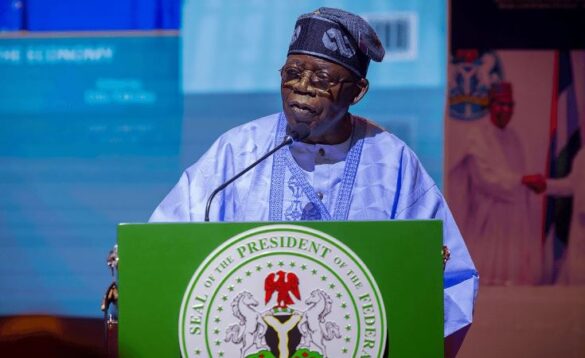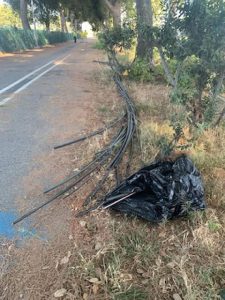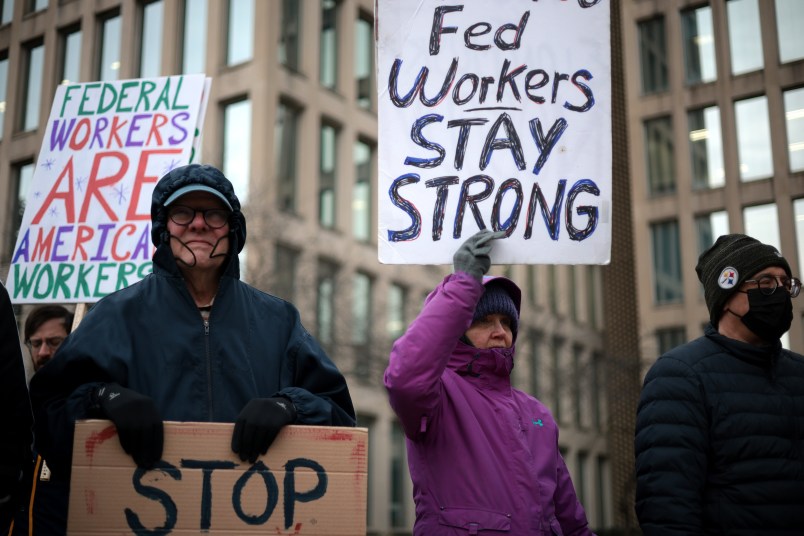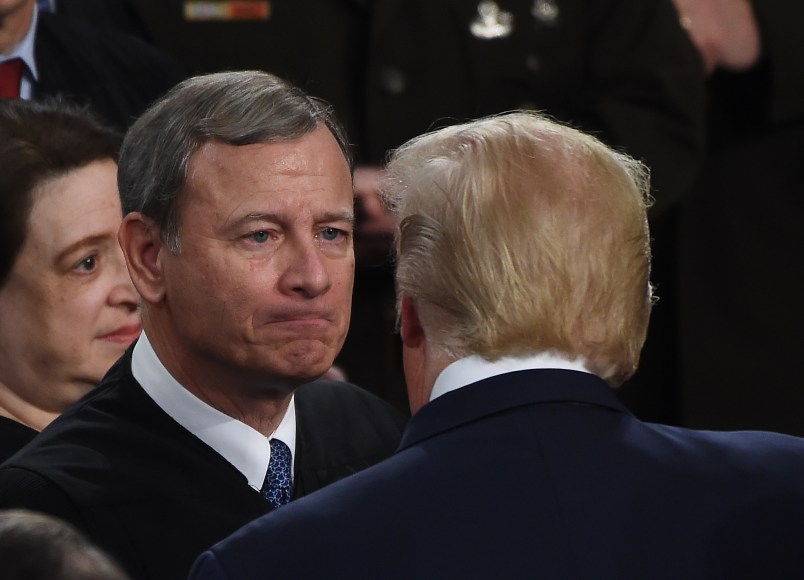
by Godwin Orozo-
In a nation where over 60% of household income is spent on food, Nigeria’s ongoing food crisis driven by insecurity, poor infrastructure, and a disrupted supply chain, has pushed millions into deeper hardship. But for the first time in years, a coordinated national response is in motion, offering cautious optimism for struggling consumers.
Following a high-level meeting between the Nigeria Governors’ Forum (NGF), the Progressive Governors’ Forum (PGF), and top federal officials, a new strategy has been unveiled to tackle the twin challenges of escalating food prices and widespread insecurity. Unlike past efforts, the current push signals a shift from rhetoric to action.
Nigeria’s markets reflect the severity of the problem: a tuber of yam now costs over ₦2,000, a painter of garri has soared from ₦800 to ₦2,500, and maize, once a dietary staple is now unaffordable for many.
The inflationary trend, experts say, is rooted not just in economic factors but in insecurity, extortion, bad roads, and institutional inefficiencies. According to the National Bureau of Statistics (NBS), while the year-on-year food inflation rate dropped to 21.14% in May 2025 (from 40.66% a year earlier), month-to-month food prices continue to rise, with a 2.19% spike recorded in May alone.
The worsening security landscape has been especially devastating for farmers. Across Benue, Zamfara, Kaduna, and Plateau states, violence and fear have left farmland abandoned. President Bola Tinubu’s recent visit to Benue, following a deadly attack in Yelewata that claimed over 200 lives, underscored the human cost of Nigeria’s food crisis.
Amid rising pressure, governors have agreed to adopt a community-based security model to complement federal efforts. Governor Hope Uzodimma of Imo State, chair of the APC Governors’ Forum, announced that both the NGF and PGF have reached consensus on implementing a decentralised, grassroots-driven security architecture.
“We reviewed the current security structure and unanimously agreed to adopt the long-advocated state security system,” Uzodimma said, citing improved safety outcomes in Imo under similar strategies.
Security analysts, including Dr. Ifeanyi Eze of the West African Security Forum, welcomed the move. “Centralised policing has failed. Without security, farmers can’t farm, goods can’t move, and families can’t eat,” he said.
Even when food is produced, moving it across Nigeria remains a nightmare. Illegal checkpoints, poor roads, and extortion inflate transport costs and delay deliveries, expenses that ultimately fall on consumers.
Governor Babajide Sanwo-Olu of Lagos, speaking for the NGF, pledged action on these bottlenecks. “Checkpoints, illegal taxes, and failing infrastructure are major drivers of inflation. We are working with federal agencies to remove these roadblocks,” he said.
According to Sanwo-Olu, an inter-ministerial committee has submitted recommendations that include harmonising levies, removing unauthorised checkpoints, and upgrading logistics systems. A single trailer transporting onions from Sokoto to Lagos can pass through more than 30 checkpoints, incurring illegal fees in the hundreds of thousands of naira. Cutting those costs could directly reduce food prices.
Another key issue raised was the slow implementation of the NG-CARES programme, an initiative aimed at supporting vulnerable households through cash transfers, food aid, and livelihood tools. Though over 17 million Nigerians have benefitted, state governors expressed frustration over delayed disbursements from the World Bank despite contributing $2.2 billion in counterpart funding.
The NGF urged the global lender to address bottlenecks and clear the path for NG-CARES 2.0, a second phase designed to boost long-term economic resilience.
Dr. Olanrewaju Ojo, an agricultural economist, praised the joint federal-state strategy but warned, “Good policies are meaningless without implementation. If extortion persists and security remains weak, nothing will change.”
In Lagos’ Mile 12 market, trader Rose Bamidele echoed the sentiment: “Let them act, not just talk. Remove the checkpoints, reduce prices, and we will believe them.”
The stakes could not be higher. For many Nigerians, this crisis is about more than numbers, it is about survival. If the current momentum is sustained and the promised reforms are transparently implemented, the country may finally begin to see relief.
As agronomist Magnus Ndubueze put it, “Food security is national security. When leaders coordinate and act decisively, hope becomes real, not just a slogan.”






